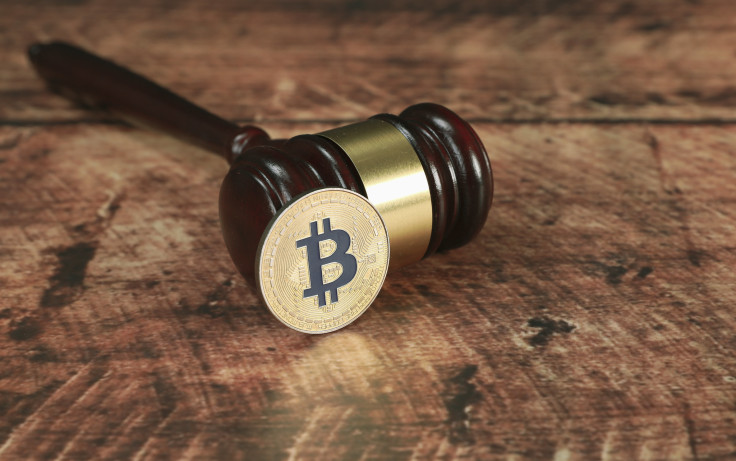UK Moves Draft Bill To Recognize Bitcoin, Other Cryptocurrencies As Personal Property

KEY POINTS
- The Law Commission first recommended the designation of digital assets are personal property
- Justice Minister Heidi Alexander said it is 'essential' to ensure that British laws keep up with evolving technologies
- The UK is joining Qatar and the European Union in providing more clarity through crypto regulatory frameworks
In a world where cryptocurrencies have yet to reach mass adoption due to a lack of clarity in their legal and financial status, the United Kingdom has introduced a draft bill that seeks to designate Bitcoin and other digital assets as "personal property." If passed, the proposed legislation could pave the way for broader adoption as crypto assets will now be protected by the law.
Dubbed as the Property (Digital Assets etc) Bill, the proposed legislation will not only recognize BTC and other crypto assets as personal property but will also give holders legal protection against exploits and scams.
The bill, as introduced, states that "a thing (including a thing that is digital or electronic in nature) is not prevented from being the object of personal property rights merely because it is neither – (a) a thing in possession, nor (b) a thing in action."
Britain to Make History if Bill Passes
Should the bill make it through multiple readings and finally gets passed into law, "for the first time in British history, digital holdings, including cryptocurrency, non-fungible tokens (NFTs) such as digital art, and carbon credits can be considered as personal property under the law," the British Ministry of Justice and MP Heidi Alexander said in a joint press release.
Holders of BTC and other digital assets will benefit from "greater legal protection" that the bill will provide, they said. Digital assets were not "definitively included" under the English and Welsh property law, but if the bill gets the final green light, crypto owners can now rest assured that their holdings are protected by the law.
"It is essential that the law keeps pace with evolving technologies and this legislation will mean that the sector can maintain its position as a global leader in cryptoassets and bring clarity to complex property cases," Justice Minister Alexander said.
Acting on Digital Asset-Related Legal Challenges
The bill was introduced in response to the British Law Commission's 2023 Digital Assets report, which recommended legislative reform to the UK's property law to include digital assets for the purpose of legal clarity.
The commission recommended "a 'third' category of thing to which personal property rights can relate." Currently, there are two property categories in the country: things in possession (gold, money, cars, etc.), and things in action (debts, shares, etc.). The third category will include digital assets, which "might work by reference" to various assets, including crypto, private blockchains, permissioned blockchain systems, in-game digital assets, "digital files," and voluntary carbon credits.
Global Action Toward Crypto Recognition
News of the UK's move toward digital asset clarity came about a week after Qatar announced the Qatar Financial Center (QFC) Digital Assets Framework, which is described as "a comprehensive and innovative regime for the creation and regulation of digital assets in the QFC."
The European Union's comprehensive rules concerning stablecoins under its Markets in Crypto-Assets Regulation (MiCA) came into force late in June. The regulation covers various other aspects of the broader blockchain sector, but such provisions have yet to take effect.
Meanwhile, the United States has yet to pass crypto-centric legislation that should not only provide regulatory clarity to the digital assets space, but also encourage innovation while ensuring consumer protection.
© Copyright IBTimes 2024. All rights reserved.






















